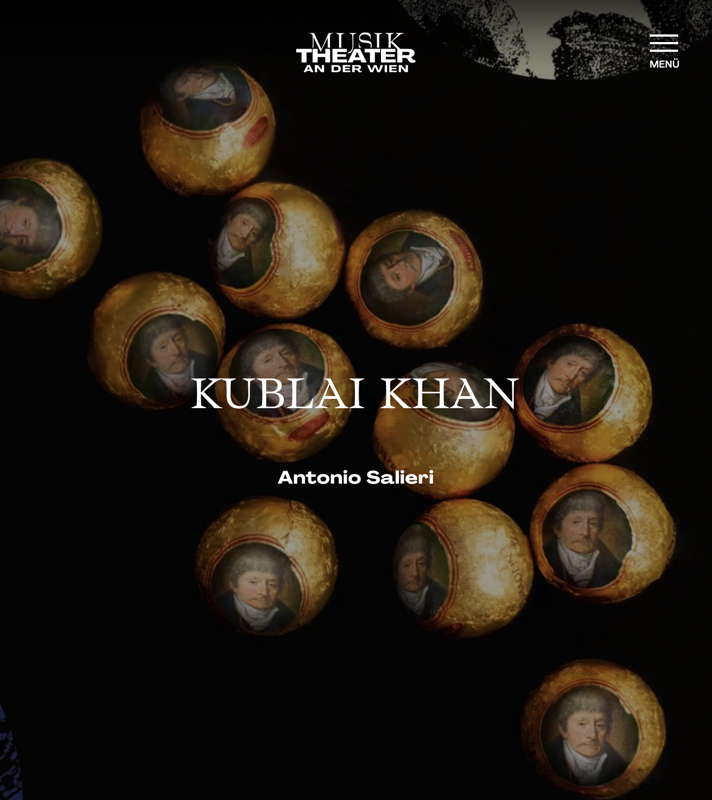 DISCUSSION: What is a work? John Dante Prevedini leads a discussion about The performing artist as co-creator, including contributions from Halida Dinova, Yekaterina Lebedeva, Béla Hartmann, David Arditti and Stephen Francis Vasta.
DISCUSSION: What is a work? John Dante Prevedini leads a discussion about The performing artist as co-creator, including contributions from Halida Dinova, Yekaterina Lebedeva, Béla Hartmann, David Arditti and Stephen Francis Vasta.
- George Balcombe
- The Fairy Queen
- Wilhelm Backhaus
- Copenhagen
- Sybil Michelow
- Baroque music
- Russell Hepplewhite
- Brian Chapple
 VIDEO PODCAST: James Ross and Eric Fraad discuss Streaming, Downloads and CDs with Maria Nockin, Mary Mogil, David Arditti, Gerald Fenech, John Daleiden, John Dante Prevedini, Lucas Ball and Stephen Francis Vasta.
VIDEO PODCAST: James Ross and Eric Fraad discuss Streaming, Downloads and CDs with Maria Nockin, Mary Mogil, David Arditti, Gerald Fenech, John Daleiden, John Dante Prevedini, Lucas Ball and Stephen Francis Vasta.
Kublai Khan
The first performances of Salieri's opera 'Cublai, gran kan de' Tartari' will take place in April 2024
Christophe Rousset and Les Talens Lyriques present the first performances of Antonio Salieri's Cublai, gran kan de' Tartari (Kubla Khan), in the original Italian version in a new production directed by Martin G Berger at the Theater an der Wien in Vienna, Austria from 5 to 15 April 2024. The opera will also be recorded this summer for the Aparté label as the group's sixth Salieri opera disc for release next year.
Composed in 1788, Salieri's opera Cublai, gran kan de' Tartari was abandoned before its scheduled premiere for political reasons, as the theme became too sensitive when Austria entered the Russo-Turkish conflict in 1788.
Kublai, ruler of the Tartars, has a whole host of problems on his plate: his court officials are plotting against him, his own son is such a dimwit that the princess of the neighbouring country refuses to marry him, and to cap it all a couple of Italian adventurers are interfering with his country's traditions. Although the comic opera Cublai, gran kan de' Tartari by Giambattista Casti with music by Antonio Salieri is apparently set in Cathay, the situation it portrays is actually that of European royal courts, especially the court of the Russian tsar. The central question raised by the authors, in the true spirit of the Enlightenment in Europe, is how those in power deal with the responsibility they have for their lands. But because Russia was an ally of the Holy Roman Emperor Joseph II, the monarch cancelled the planned first performance following the outbreak of the Austro-Turkish War in 1787. As a result, one of the most unusual operas of the eighteenth century, which draws on the comic traditions of the commedia dell'arte and whose biting satire almost equals that of Jacques Offenbach's works, was forgotten for over two hundred years.
Conductor Christophe Rousset has long championed Salieri's operas in an effort to restore the misunderstood composer's works to their rightful place. In 2005, Rousset released a landmark first recording of La grotta di Trofonio, followed by Les Danaïdes in 2017, Les Horaces in 2018, Tarare in 2019 and Armida in 2021. He now takes on responsibility for the belated first performance of the original Italian version of Cublai, gran kan de' Tartari, with libretto by Giovanni Battista Casti.
Here is a synopsis of the opera: In Act I, Kublai Kan, the powerful, pleasure-loving but not very drink-hardened ruler of Cathay, intends to marry his son Lipi to the Bengali princess Alzima. To this end, he has her brought to his court by his nephew Timur. However, this plan has two difficulties of which he is completely unaware: Alzima and Timur are in love, which is immediately obvious to everyone except the couple themselves. And Lipi, who was raised by the bigwig Posega and has had little contact with his father, has no interest in women and pursues other interests entirely.
Posega, who for years has been telling Kublai Kan of his successes as a tutor, now finds himself in a tight spot. He impresses on Lipi that women are cruel and calculating and that on no account should he marry. Two Italian adventurers employed at the court of Cathay, Memma and Bozzone, make ironic comments about all these goings-on. The resolute Memma convinces all the Tartars to shave off their beards after the European fashion. In the end, the inevitable happens: the first official meeting between Alzima and Lipi ends in a scandal.
In Act II, it is Bozzone who finally states the obvious: if Kublai Kan made his nephew Timur his heir and the latter married Alzima, everything would turn out for the best for all concerned. Posega, fearing the loss of his position of power at the palace, discredits Timur, and especially Memma, to Alzima, telling her that Memma has her eye on the throne and is planning to overthrow Kublai Kan and Lipi and rule with Timur. But after many twists and turns everything turns out well: Timur is named heir to the throne of Cathay, he and Alzima become a couple, and Lipi can continue his 'education' under Posega.

The performers are as follows: Carlo Lepore, Cublai; Marie Lys, Alzima; Alasdair Kent, Timur; Lauranne Oliva, Lipi; Fabio Capitanucci, Orcano; Äneas Humm, Posega; Ana Quintans, Memma; Giorgio Caoduro, Bozzone; Martin G Berger, director; Arnold Schœnberg Chor; Erwin Ortner, chorus master; Les Talens Lyriques and Christophe Rousset, conductor.
Performances take place, all at 19:00 hours, on 5, 7, 9, 11, 13 and 15 April 2024 at the Theater an der Wien, Vienna, Austria.
Further information: theater-wien.at
Posted 6 March 2024 by Keith Bramich



